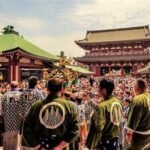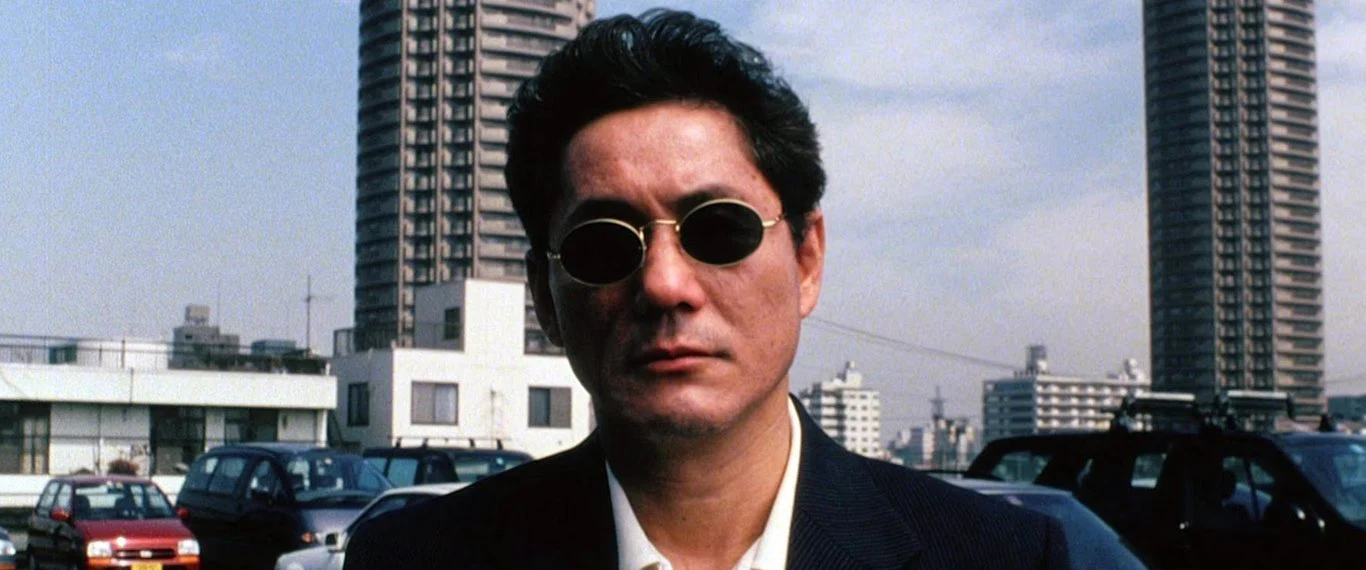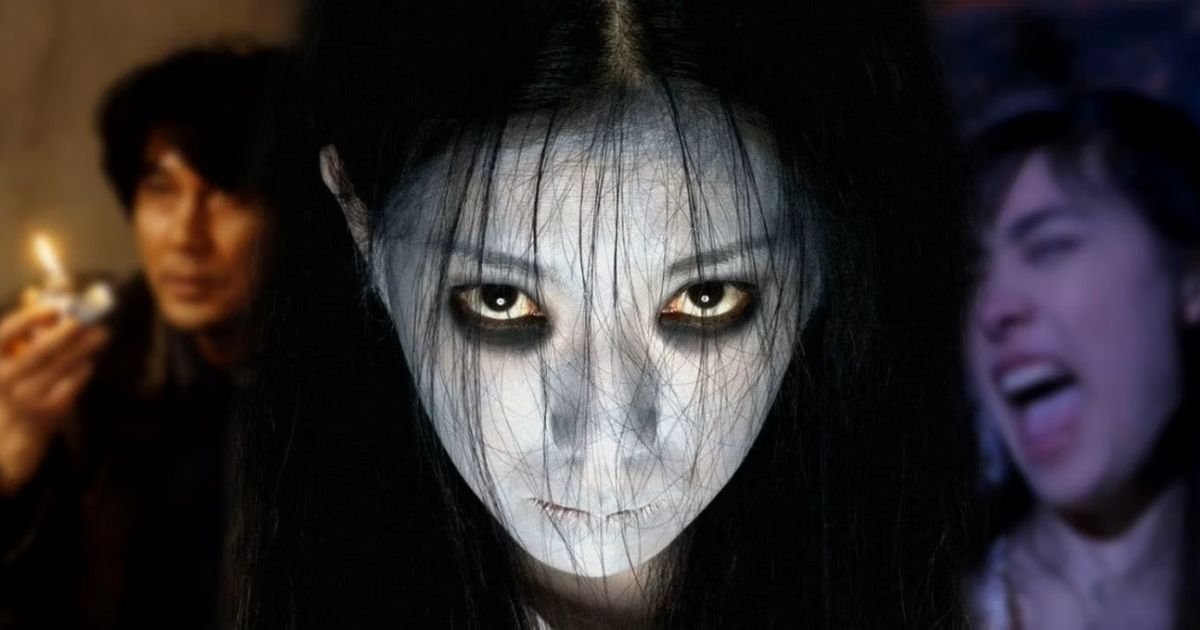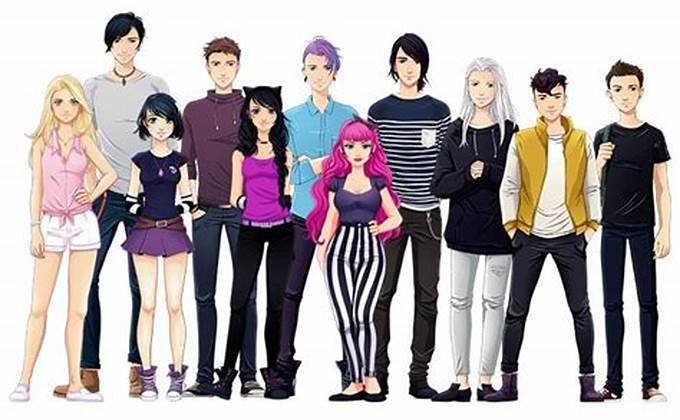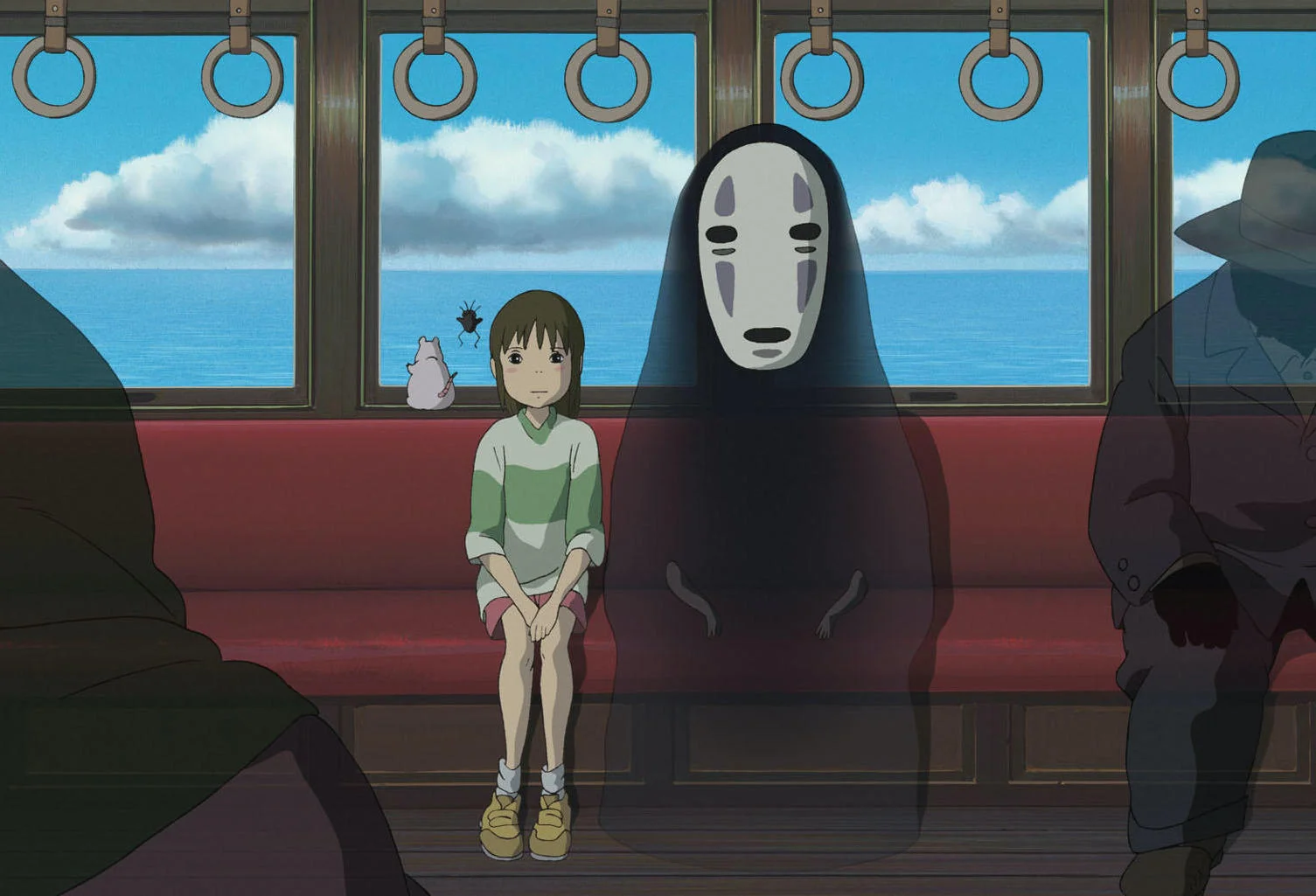Japan’s New Wave cinema is reshaping the country’s film industry, with a new generation of directors blending traditional themes with contemporary techniques. This movement is marked by innovative storytelling, unconventional narratives, and bold aesthetics, drawing attention from global audiences and film festivals alike. Here are the key directors of Japan’s New Wave cinema you should know.
1. Hirokazu Kore-eda
Known for his emotional dramas that explore family dynamics and societal issues, Hirokazu Kore-eda has become a leading figure in Japan’s modern cinema. His films, such as “Shoplifters” (2018), which won the Palme d’Or at the Cannes Film Festival, offer profound insights into human relationships and moral dilemmas.
- Style: Realism, family-oriented narratives, and nuanced character studies.
- Notable Works: Nobody Knows (2004), Like Father, Like Son (2013), Shoplifters (2018).
2. Naomi Kawase
A prominent female director, Naomi Kawase is known for her introspective, often spiritual films. Her work frequently explores themes of nature, life, and death, using poetic imagery and a contemplative pace.
- Style: Meditative, visually rich, with an emphasis on nature and spirituality.
- Notable Works: Suzaku (1997), Still the Water (2014), Sweet Bean (2015).
3. Takashi Miike
For fans of the avant-garde and extreme, Takashi Miike is a name synonymous with boundary-pushing cinema. Known for his prolific output and eclectic style, Miike has directed everything from horror to musicals, earning a cult following.
- Style: Bold, provocative, and often violent, blending genres with dark humor.
- Notable Works: Audition (1999), 13 Assassins (2010), Ichi the Killer (2001).
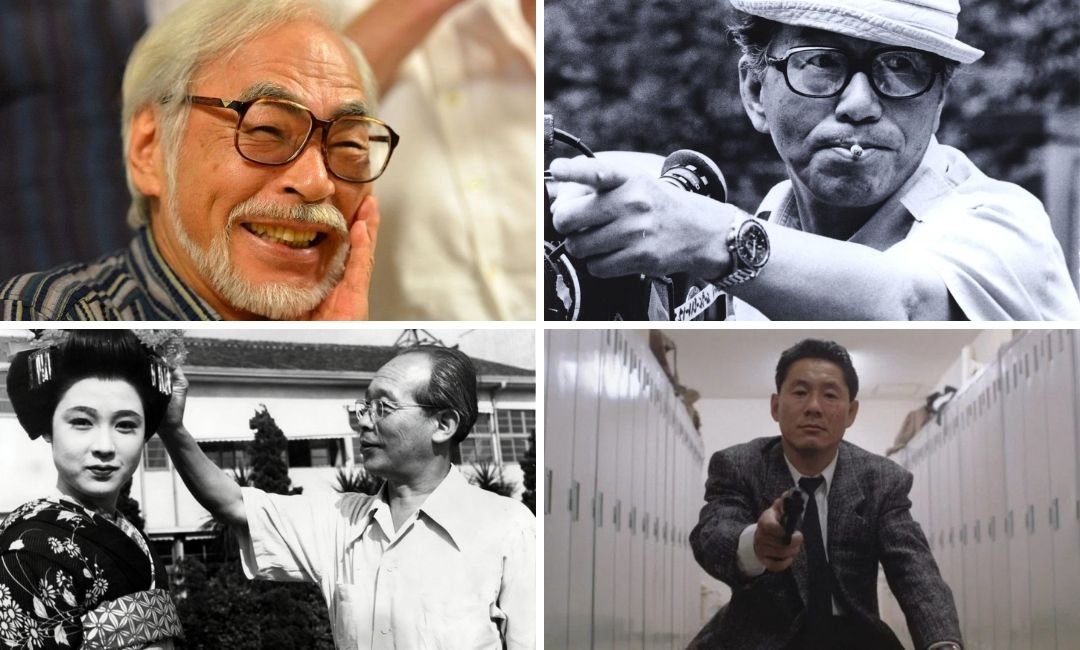
4. Ryusuke Hamaguchi
A rising star in the global film scene, Ryusuke Hamaguchi has gained international acclaim for his deeply emotional, character-driven stories. His film “Drive My Car” (2021) won the Best Screenplay Award at Cannes and was nominated for multiple Academy Awards.
- Style: Dialogue-heavy, character-focused dramas that delve into human emotions and relationships.
- Notable Works: Happy Hour (2015), Asako I & II (2018), Drive My Car (2021).
5. Shinji Aoyama
Shinji Aoyama is a key figure in Japan’s New Wave, blending traditional Japanese aesthetics with modern, sometimes experimental, narratives. His works often explore the themes of alienation and disconnection in modern society.
- Style: Minimalist, psychological, with a focus on social issues.
- Notable Works: Eureka (2000), Tokyo Park (2011).
6. Sion Sono
Known for his outrageous and often controversial films, Sion Sono is one of Japan’s most daring directors. His films tackle taboo subjects with audacious visuals and dark humor, making him a unique voice in the New Wave movement.
- Style: Provocative, visually intense, and filled with satire.
- Notable Works: Love Exposure (2008), Cold Fish (2010), Antiporno (2016).
7. Kazuya Shiraishi
Kazuya Shiraishi has gained attention for his gritty crime dramas that explore the darker side of Japanese society. His films often feature morally complex characters and bleak, atmospheric storytelling.
- Style: Gritty, atmospheric crime dramas with moral ambiguity.
- Notable Works: The Devil’s Path (2013), Birds Without Names (2017), Last of the Wolves (2021).
8. Makoto Shinkai
Though primarily known for his work in anime, Makoto Shinkai is a director whose influence spans across Japanese cinema. His films are characterized by their beautiful, often hyper-realistic animation and emotional narratives, as seen in his globally successful “Your Name” (2016).
- Style: Visually stunning animation with emotional depth, often focusing on themes of fate and longing.
- Notable Works: Your Name (2016), Weathering with You (2019).
9. Koji Fukada
Koji Fukada is known for his delicate, understated dramas that often explore interpersonal relationships and societal issues. His film “Harmonium” won the Jury Prize in the Un Certain Regard section at the Cannes Film Festival, marking him as a significant talent in Japanese cinema.
- Style: Subtle, character-driven with a focus on social realism.
- Notable Works: Hospitalité (2010), Harmonium (2016), The Real Thing (2020).
10. Takeshi Kitano
A veteran in Japanese cinema, Takeshi Kitano continues to influence New Wave filmmakers with his distinct style that blends violence, dark humor, and philosophical reflections. As both a director and actor, Kitano has left an indelible mark on both Japanese and international cinema.
- Style: Dark humor, philosophical reflections, and gangster themes.
- Notable Works: Hana-Bi (1997), Zatoichi (2003), Outrage (2010).
Conclusion
Japan’s New Wave cinema is rich with innovative directors who are pushing the boundaries of storytelling, both domestically and globally. Whether through emotional realism, experimental narratives, or bold visual styles, these directors are reshaping the future of Japanese film and continuing the country’s tradition of cinematic excellence.





